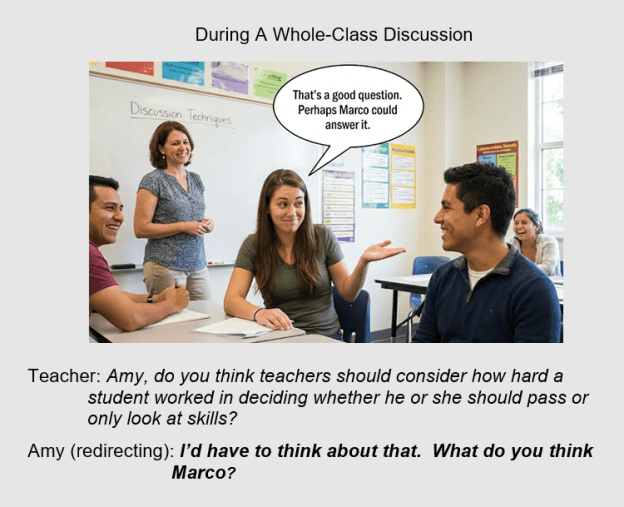
(This posting includes a handout LINK AT THE END OF THIS POST which you are welcome to use with your students.) *
Some people thought that self-checkout machines were a great idea. The goal was to help customers save time because they wouldn’t have to wait in line for a cashier; they could scan their items and pay by themselves. Stores also hoped to save money by not having to pay as many cashiers. However, recent research shows that this system has many unexpected problems….(See complete article below.)
For background information about these articles and for suggestions for how to use them with your students, see • Introducing “Short, High-Interest Readings” Also, I’ll be adding more of these articles in the right-hand column: ESL Reading> Short, High Interest Articles for Extensive Readings
Here is the 16th article. You can download the article for your students by clicking on the link at the end. Also included are three optional exercises: True-False Questions; Paraphrasing Exercise; Reflection Exercise.


